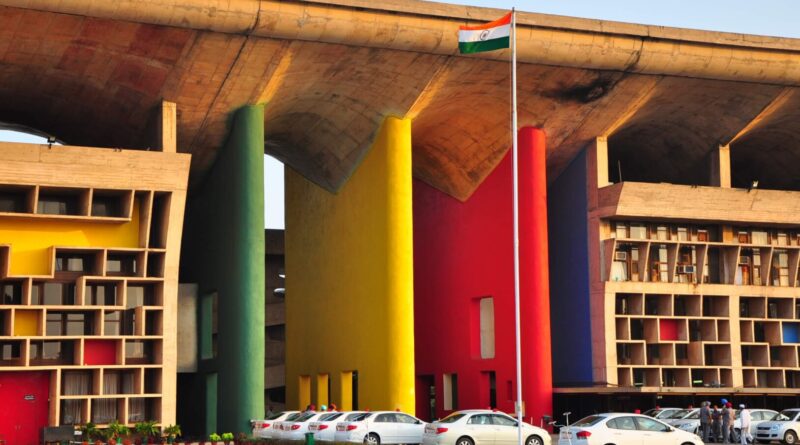Punjab & Haryana High Court Criticizes Supreme Court’s Stay On Contempt Proceedings: A Clash Over Jurisdiction, Accountability
(Judicial Quest News Network)
6, August 2024
In an unprecedented move, the Punjab and Haryana High Court has taken the rare step of publicly criticizing the Supreme Court over its decision to stay contempt proceedings initiated by the High Court. The critique, delivered by Justice Rajveer Sherawat, centres on the implications of the Supreme Court’s order, which the High Court views as overreaching and undermining its authority.
Justice Sherawat’s remarks stem from the Supreme Court’s intervention in an ongoing contempt case. The apex court had stayed the contempt proceedings while considering an appeal against the order that had originally initiated the contempt action. Justice Sherawat’s criticism highlights two primary concerns: the potential for the Supreme Court’s stay to avoid responsibility and the risk of diminishing the High Court’s constitutional stature.
“On a psychological level, such an order can be seen as an attempt to evade responsibility for the consequences,” Justice Sherawat explained. “This type of order could potentially undermine the authority of the High Court by creating an impression that it is less constitutionally significant than the Supreme Court.”
The High Court underscored that the Supreme Court has repeatedly affirmed that High Courts are not subordinate to the apex court. This relationship is distinct from that between a civil judge of junior division and a High Court. According to Articles 132 to 134 of the Indian Constitution, the Supreme Court does not possess unrestricted appellate jurisdiction over High Court orders unless specifically authorized by legislation.
Justice Sherawat further noted that High Courts often comply with Supreme Court directives out of perceived coercion, respect for the court’s authority, or institutional propriety. However, the High Court pointed to a specific instance—a stay order from a Special Leave Petition (SLP No. 14945 of 2019)—which had unintended negative consequences. The stay led to delays in judicial officers receiving their due selection grade and super time scale, affecting 35% of the judiciary in Punjab and Haryana for several years.
“The Supreme Court likely did not intend these consequences, but they have occurred nonetheless,” Justice Sherawat remarked. “The High Court, on its part, refrained from granting these scales until the SLP was resolved, which illustrates the potential fallout from such stay orders.”
Justice Sherawat cautioned the Supreme Court to be more precise in issuing orders that could have significant legal ramifications. He urged both courts to engage in introspection about their roles and responsibilities, suggesting that a thorough examination might reveal surprising insights for both the High Court and the Supreme Court.
The case in question has been adjourned sine die pending the Supreme Court’s final decision on the SLP. Justice Sherawat also highlighted that the High Court’s adherence to the Supreme Court’s orders may not always be feasible due to specific case circumstances or statutory provisions, a situation that should be avoided if possible.
In a related development, Chief Justice Sheel Nagu recently transferred the contempt cases from Justice Rajveer Sherawat to Justice Harkesh Manuja, following the order issued by Justice Sherawat on July 17. This administrative shift marks a new phase in the handling of these contempt proceedings.



